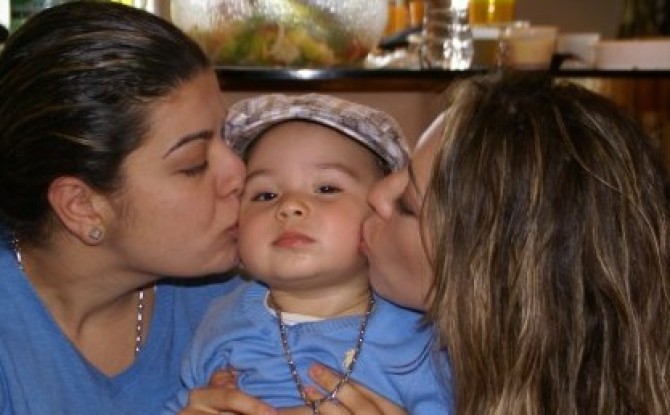Are second parent adoptions necessary when using a surrogate?
Establishing parental rights when someone has their family with the help of a surrogate (typically gay men looking to start a family or women who cannot carry for medical reasons) is a tricky area of the law and varies greatly state to state. Prior to the Supreme Court’s June decision in Obergefell vs. Hodges granting marriage equality to same-sex couples, second parent adoptions on the part of the non biological parent were almost always required once a couple started a family via surrogacy. Post-Obergefell, second parent adoptions are still the only method for securing unassailable rights between your child and the nonbiological parent. Click here for a video on the ABCs of surrogacy.
Types of Surrogacy
There are two types of surrogacy: traditional and gestational. Traditional surrogacy is when the surrogate mother is also the egg donor and the child is biologically related to her. With a gestational surrogacy, a fertilized egg is implanted into the womb of the surrogate and she is not biologically related to the child. Most surrogates today are gestational surrogates. The establishment of parental rights may be executed, in some cases, by a pre or post birth order in the state where the surrogate lives, but more often by second or step parent adoption in the intended parents’ home state.
Second Parent Adoptions
If your partner had a child with a surrogate before you were married or in a relationship, second parent adoptions are required to obtain legal parental status of that child. If the surrogate is named on the birth certificate of the child, they may need to sign a “consent to adoption” form. If you are just beginning the surrogacy process as a couple, throughout the proceedings, the nonbiological parent may be able to obtain either a pre-birth or post-birth parentage order. Some states do not allow for parentage orders, in which case a second parent adoption would be necessary in the intended parents’ home state to legally obtain those parental rights.
Variations State to State
Keep in mind that laws surrounding surrogacy vary greatly state to state, and surrogacy is even illegal in 5 states, including New York. If you’re a New York resident with your heart set on surrogacy, you will need to find a surrogate mother in a state in which it is legal.
Canadian Surrogacy
Many couples are now looking to our neighbors to the north for surrogacy services. The main difference in the laws regarding surrogacy in Canada is that surrogacy is NOT compensated. Surrogates are reimbursed for their costs, which include such items as lost wages, bed rest, family care, health costs, maternity clothing and other pregnancy related costs. All provinces except Quebec allow for enforcement of these altruistic surrogacy agreements.
The critical consideration is parental establishment after the child is born. In some provinces there is an administrative method of securing parental rights for the non-genetically related parent. While this may be appropriate in Canada, it does not establish legally recognized rights in the U.S. Most provinces will also offer a court declaration of parentage. This is the very least in protection for the non-genetically related parent.
Intended parents should also consider a step or second parent adoption back in the U.S in their home state to secure parental rights for the non-genetically related parent. Adoption orders receive full faith and credit automatically in the U.S. and around the world. Parentage orders may or may not be recognized in countries which have not legalized surrogacy. Also, in the States, with an adoption order, there is no questions as to the rights of a parent created through adoption. Not all states have parental declaration orders and enforcing them may prove extremely costly.
If you and your partner are considering getting an out of state/country surrogate, it’s vital to get professional legal assistance to make sure your parental rights are recognized across all state and international borders.
Anthony M. Brown, head of Family and Estates division of Albert W. Chianese & Associations, is here to help you and your family grow and to make sure all of your parental rights are legally protected. If you have any questions pertaining to legal issues of your parentage, call 212-953-6447 or email and I will do my best to help your family!
Contact Time For Families



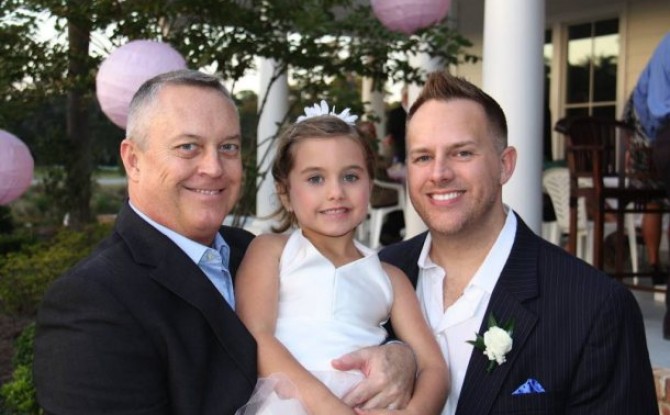

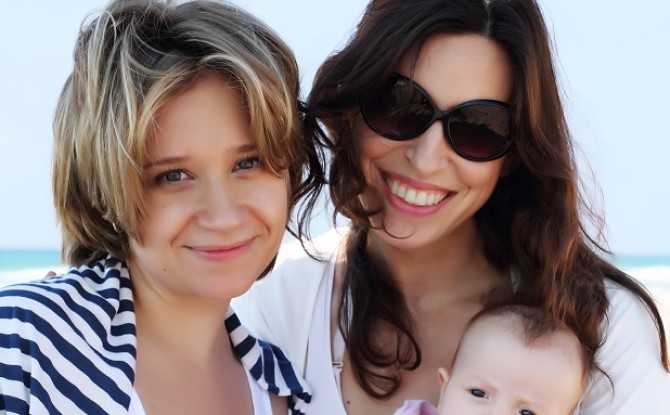
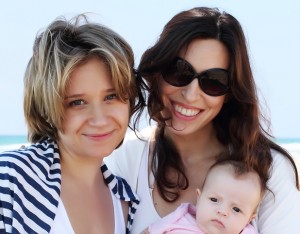

 Superior Court of PA Rules to Enforce Gestational Surrogacy Contract
Superior Court of PA Rules to Enforce Gestational Surrogacy Contract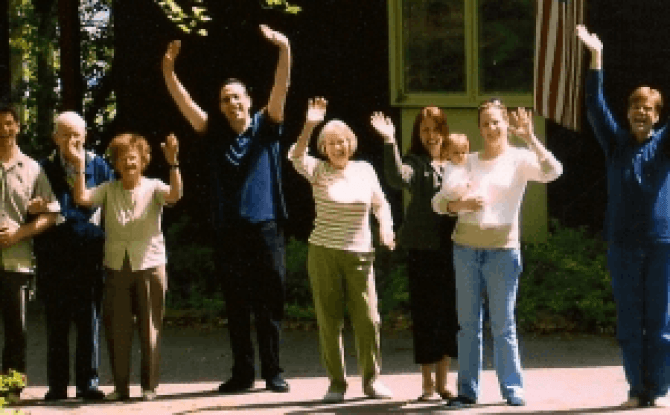
 My husband Gary’s blind Aunt Elda died about 5 years ago. We got her cancer diagnosis a year or so before her death, and it took a while for it to hit home that there was no successful treatment for her ovarian/GI cancer. She had lived outside Gary’s family for many years, in large part due to her husband Chuck. Chuck was perhaps the most prejudiced, bigoted, intolerant man I had ever met. His willingness to make racist or homophobic statements in my husband’s and my presence was almost as strong as his love for Elda. But he physically removed Elda from the family by moving out of state and at one point actually said to her, “you better hope you die first because your family will never be there for you.” Chuck died first. And we were there for her.
My husband Gary’s blind Aunt Elda died about 5 years ago. We got her cancer diagnosis a year or so before her death, and it took a while for it to hit home that there was no successful treatment for her ovarian/GI cancer. She had lived outside Gary’s family for many years, in large part due to her husband Chuck. Chuck was perhaps the most prejudiced, bigoted, intolerant man I had ever met. His willingness to make racist or homophobic statements in my husband’s and my presence was almost as strong as his love for Elda. But he physically removed Elda from the family by moving out of state and at one point actually said to her, “you better hope you die first because your family will never be there for you.” Chuck died first. And we were there for her.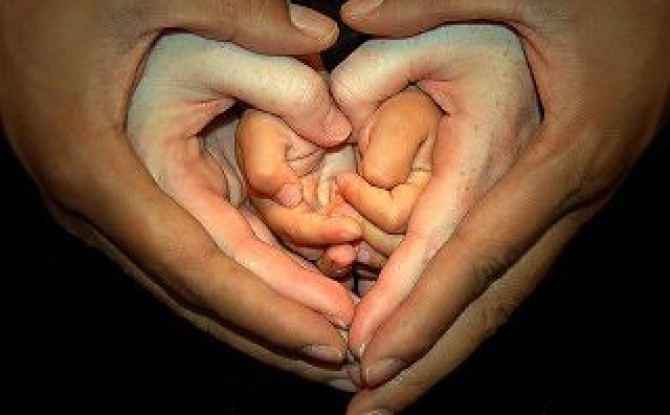

 Frozen Embryos to be Destroyed Judge Says
Frozen Embryos to be Destroyed Judge Says
